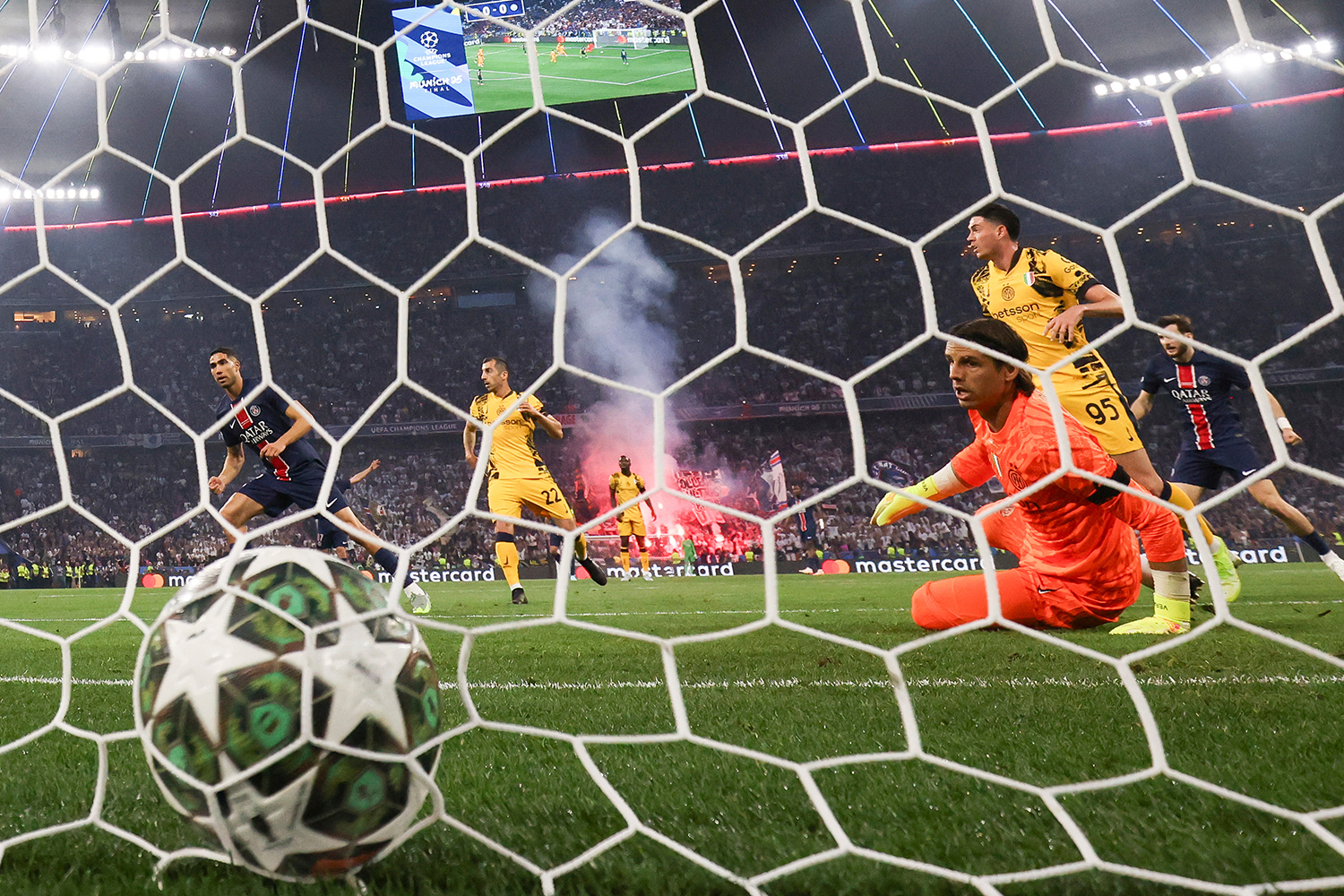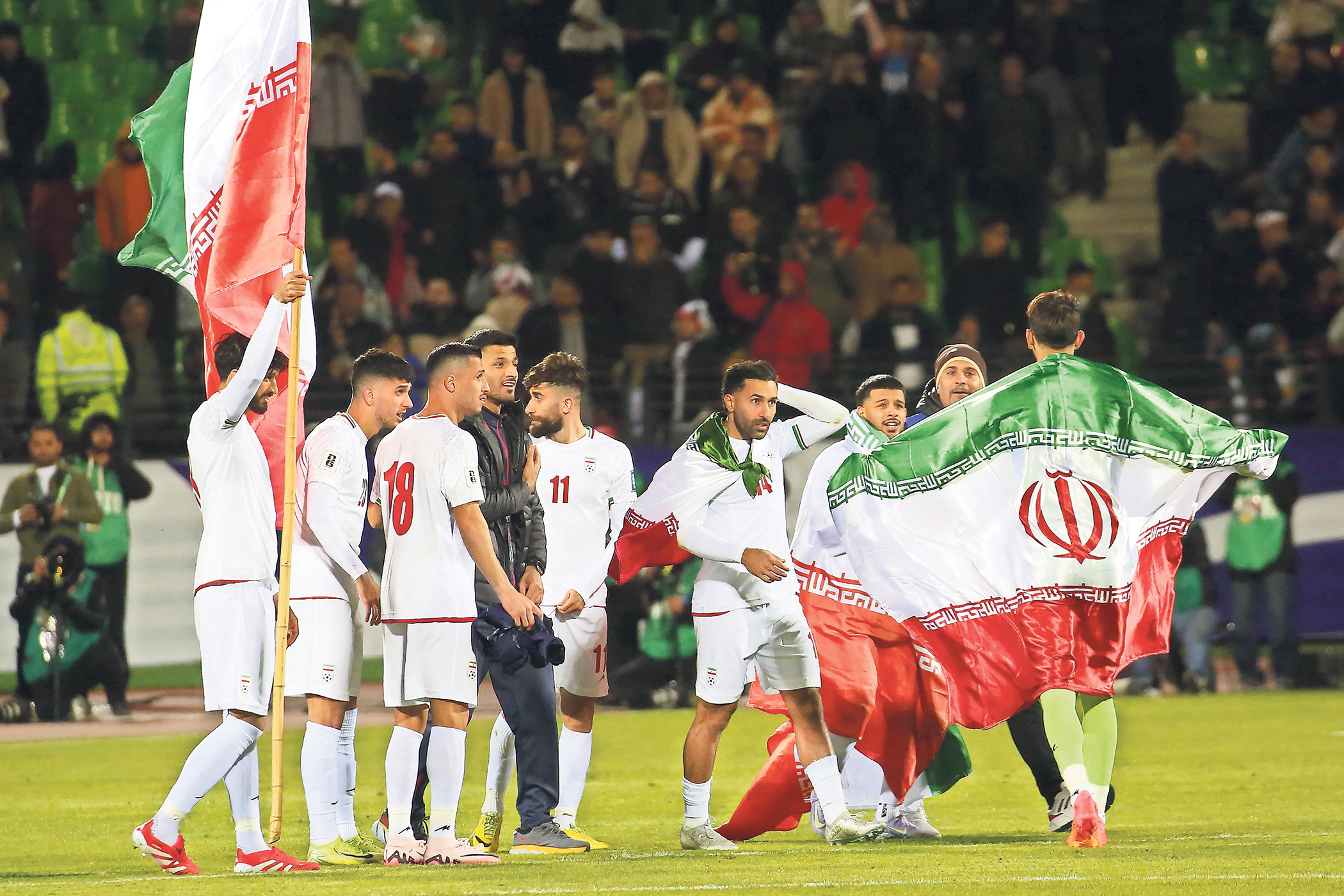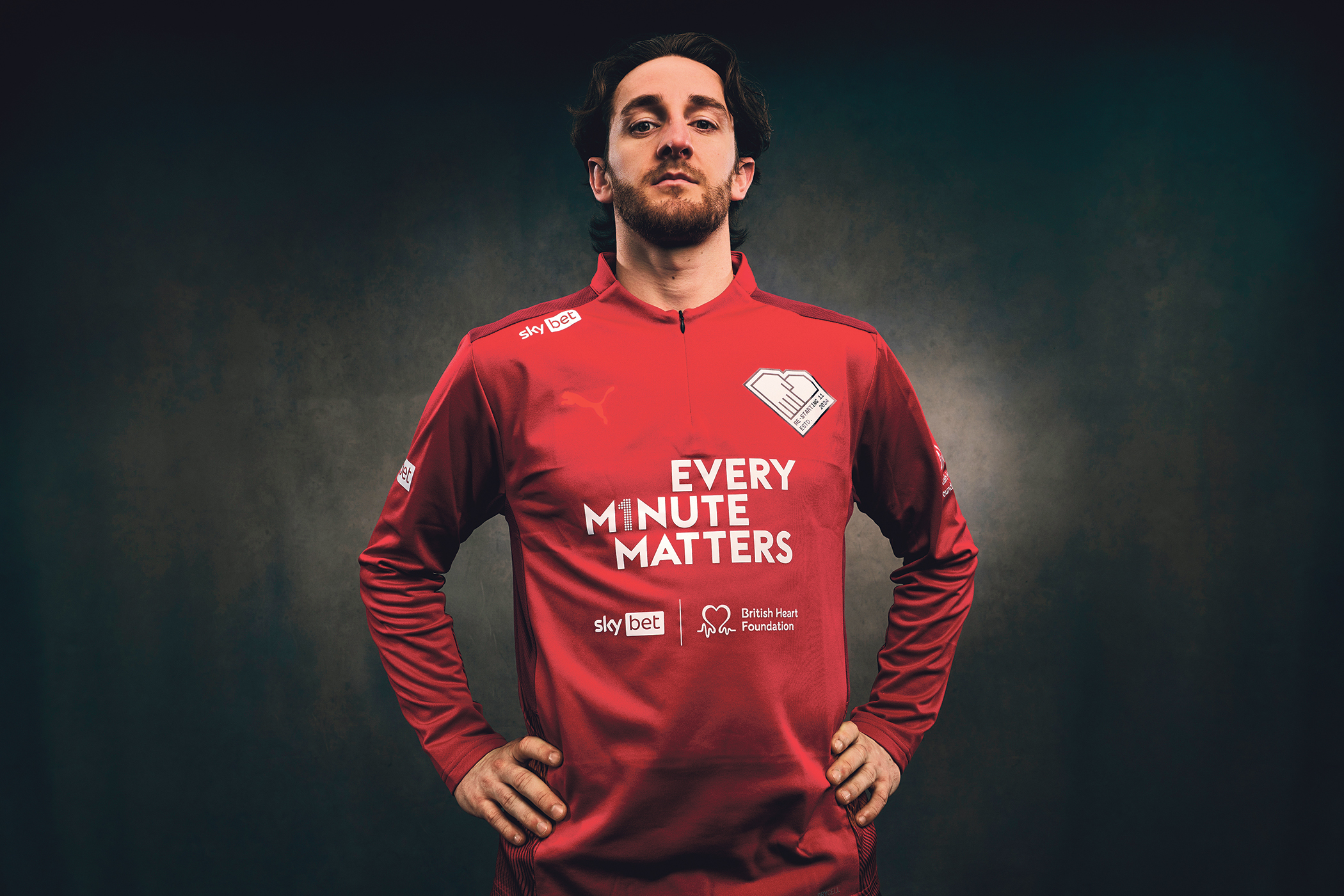On the podium at the Allianz Arena, a beatific smile fixed on his face and a glistening tear in his eye, Nasser Al-Khelaifi waited impatiently for his crowning glory. It had, admittedly, taken rather longer than he had anticipated. It had, in all likelihood, cost a little more, too: somewhere in the region of £2 billion in transfer fees alone, plus all those wages and, at times, legal bills.
And, if he paused to think about it, it had also required hiring and firing eight coaches, eliciting the personal intervention of not one but two French presidents, knowingly sending football’s already engorged transfer market into a hyperinflationary spiral, and breaking and remaking the entire landscape of the game. Still, it had all been worth it. The project – Qatar’s project, his project – was complete. Paris St-Germain, at last, stood at the summit as champions of Europe.
In the end, they took the final step with more style, more swagger than even he could have imagined. Inter Milan, all grit and grizzle and experience in those two semi-finals with Barcelona, looked old and faded and frail against the shimmering brilliance of PSG’s energy and imagination and raw, uncut talent.
This was not a reissue of the 2023 final, when Simone Inzaghi’s team went into a final against Manchester City as underdogs and emerged the better team. They were outclassed from the start, overpowered throughout and routed in the end. The European Cup, in both its iterations, has been running for 70 years. No team had ever lost the final by five goals until now. It was a masterpiece, quite possibly the most dominant performance European football’s annual showpiece has yet seen, and an unforgiving portrait of where the game now stands: a team with functionally bottomless resources against one acquired as a distressed asset.
Istvan Kovacs, the Romanian referee, put Inter out of their misery as soon as the clock struck 90: his decision to play no injury time at all was perhaps the best illustration of how comprehensively Inter were beaten, a final, damning act of mercy.
Anything else, in truth, would have been cruel. There was no need to drag it out. Inter’s players had looked harrowed and haunted for some time: the outcome had been obvious inside the first 20 minutes, goals from Achraf Hakimi and Desiré Doué setting PSG on their way; Doué would add another, Khvicha Kvaratskhelia a fourth and the teenage midfielder Senny Mayulu a fifth during what was, in effect, an extended victory lap.
As a denouement, it was entirely fitting, suitably smooth. It is easy to say in hindsight, but PSG have had the air of champions in waiting ever since they recovered from a two-goal deficit against Manchester City late in January.
It will be little solace to Inter, of course, but they are at least in good company. Since that point, nobody has had an answer to that front three of Doué, Kvaratskhelia and the revived Ousmane Dembélé. Nobody, for that matter, has been able to touch PSG.
They scored double figures in their playoff tie with Brest. They lost, in defiance of all known logic, at home to Liverpool in the last 16, and then went and outplayed the Premier League’s runaway leaders at Anfield anyway. They held their nerve against Aston Villa in the quarter-finals, and then took four minutes to seize control of the semi-final against Arsenal. They have, very clearly, been the best team in this competition, the best team in Europe.
They have also – more surprisingly still – been the most likeable, too. The nation-state intervention at PSG has always been somehow more relatable than its equivalent at Manchester City, its rich array of missteps softening the brute political power play at its centre.
Newsletters
Choose the newsletters you want to receive
View more
For information about how The Observer protects your data, read our Privacy Policy
They signed aging stars, David Beckham and Zlatan Ibrahimovic, and seemed baffled when brand awareness and sporting success did not run in direct proportion. They ignored the deepest pool of footballing talent in the world, even though it was right on their doorstep. They signed Neymar, and then got annoyed when he was always completely coincidentally injured during the week of Rio carnival.
They chewed up and spat out manager after manager: Carlo Ancelotti and Thomas Tuchel and Mauricio Pochettino and Unai Emery, even though all of these people seemed to be strangely successful at pretty much every other club. They signed Lionel Messi, sort of made Kylian Mbappé a sporting director and then complained, in Al-Khelaifi’s words, about the “flashy bling bling” attitude of the squad. They tried to win the Champions League with a system in which the front three just did not do any work.
What Luis Enrique has achieved, in that context, may well rank as one of the most remarkable coaching jobs in modern football. Yes, this new PSG is also to a large extent a marketing construct: it is a homegrown team that started the final without a single player from Paris or its outskirts; it is a side without stars which still went and spent £60 million on Kvaratskhelia, the best player in Italy, in January.
It is a team that won the Champions League with an unrelenting display of brute economic power – Inter's side was, after all, constructed on the flimsiest of shoestrings in comparison – but that is also intensely hard-working, encouragingly youthful, undeniably fun. The identity of the manager helps, too. There are few more sympathetic figures in European football than Luis Enrique: the ascetic endurance athlete who rides his road bike to work; the fast-talking firebrand who is hostile to the mainstream media but willingly ran an almost daily Twitch channel while coach of Spain; and, most significantly, a man ready to talk about his grief at the loss of his daughter, Xana, and the inspiration he seeks in her memory. As PSG's players celebrated, their fans unfurled a giant banner in her honour, a moment of utmost poignancy amid the glee. The manager, seeing it, could not quite contain his emotion.
He is also – and this should be mentioned – a coach of light touch and clear vision, one who has now repeated the trick he pulled ten years ago, not just winning the Champions League but doing so while creating something close to the Platonic ideal of a front three: for Messi, Neymar and Luis Suárez then, read Doué, Kvaratskhelia and Dembélé now.
He has not changed what PSG are, what they became the moment that Al-Khelaifi and Qatar arrived at the Parc des Princes, but he has changed how their ultimate triumph will be perceived. They have conquered European football, at last. The project is complete.
As PSG’s players celebrated with the trophy, they hoisted Al-Khelaifi on to their shoulders, bounced him up and down, his grin broad and lasting, golden ticker tape scattered across the field at his feet. He is the architect, more than anyone else, of this victory, of what PSG have become, of what PSG were always going to be. But it is Luis Enrique who has given it a human face.
Photograph by Christian Charisius/AP



